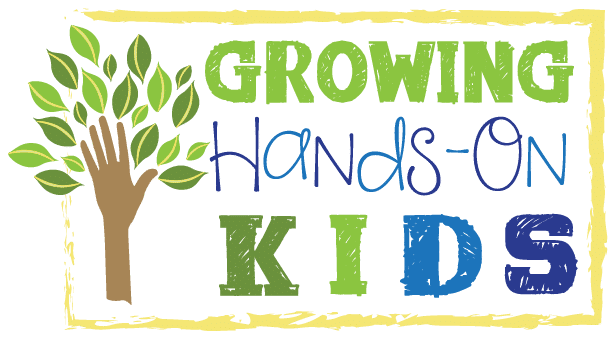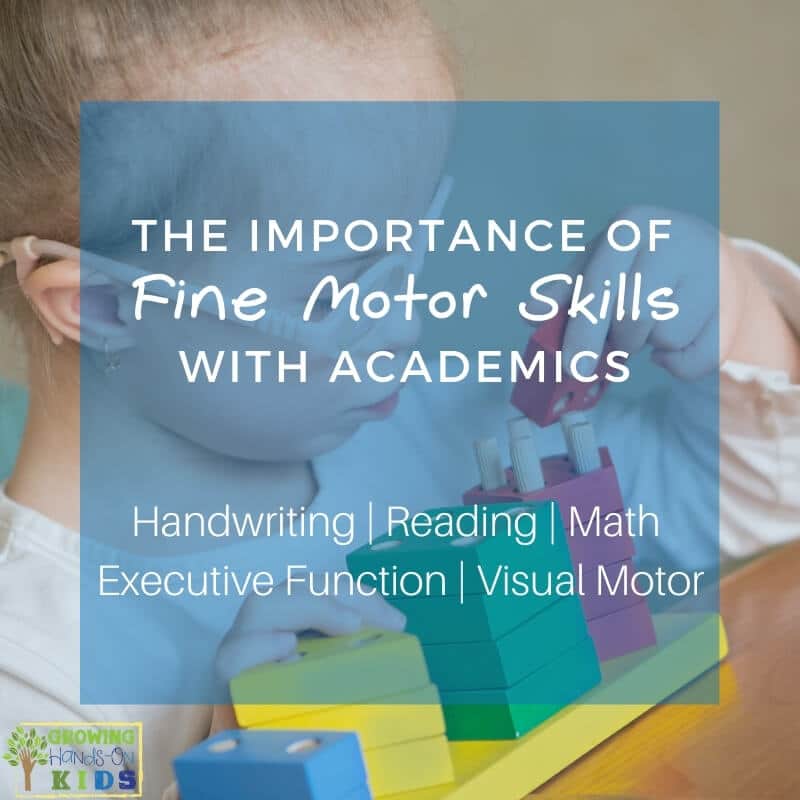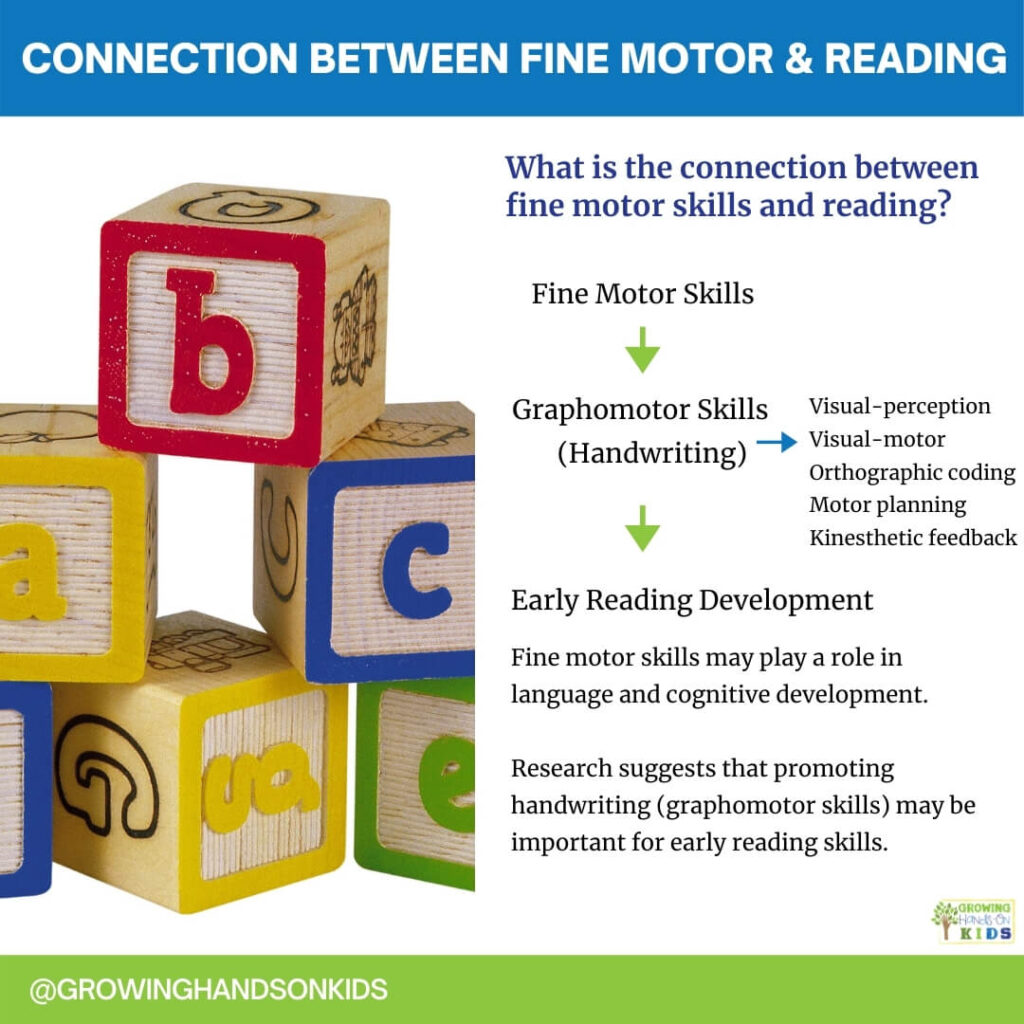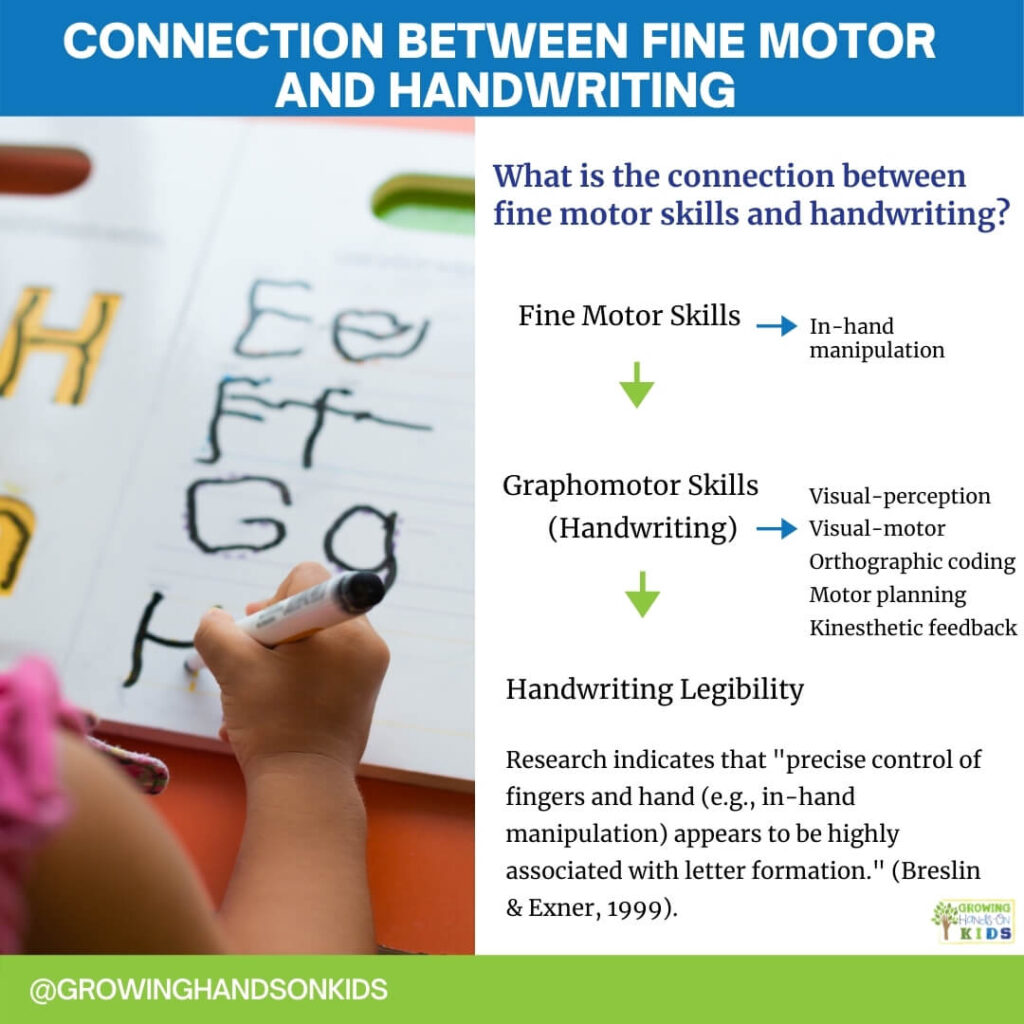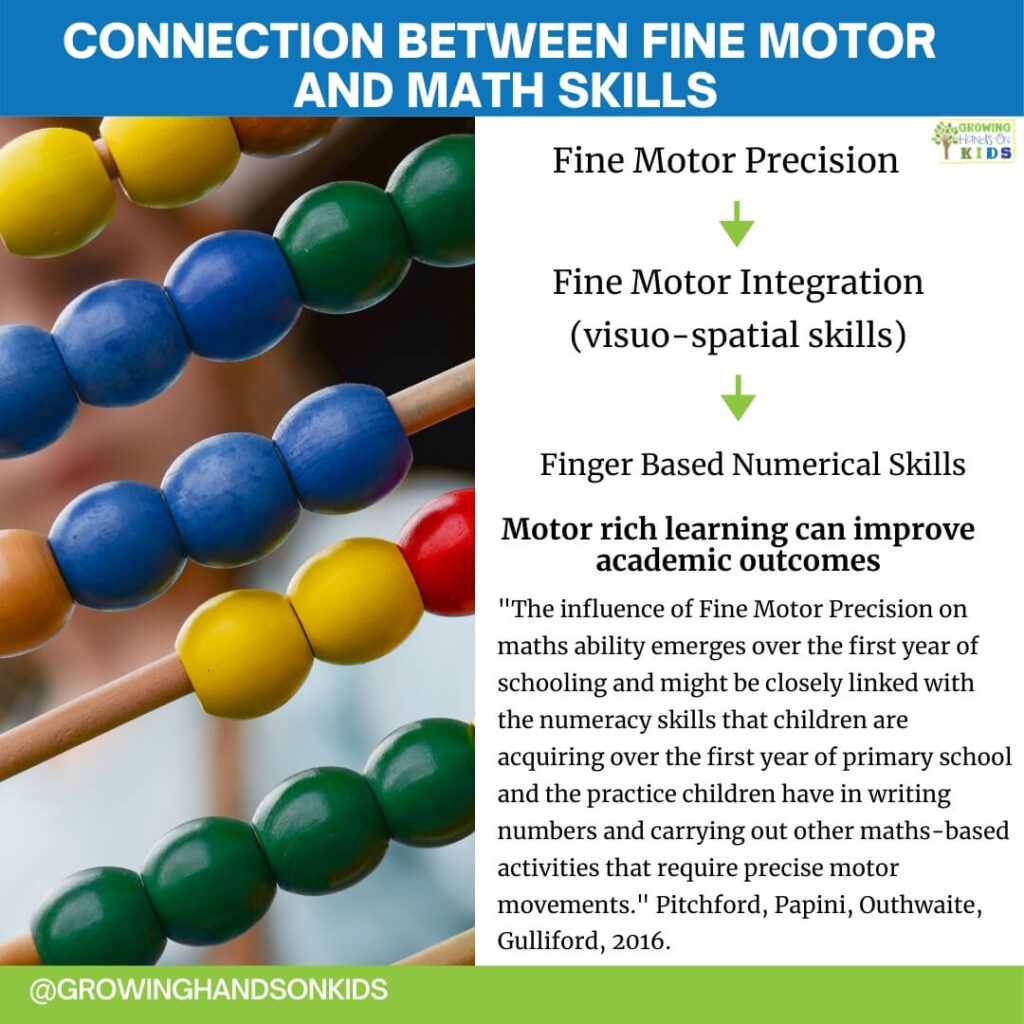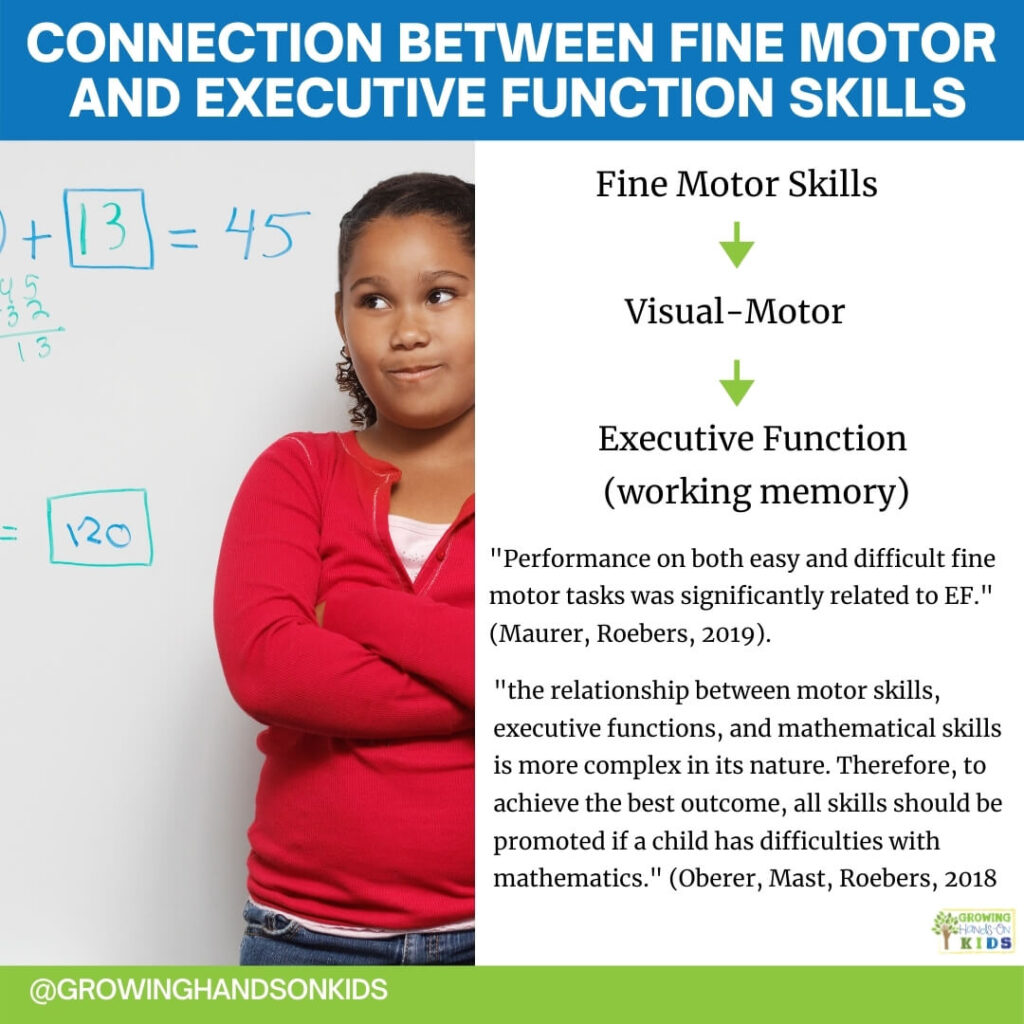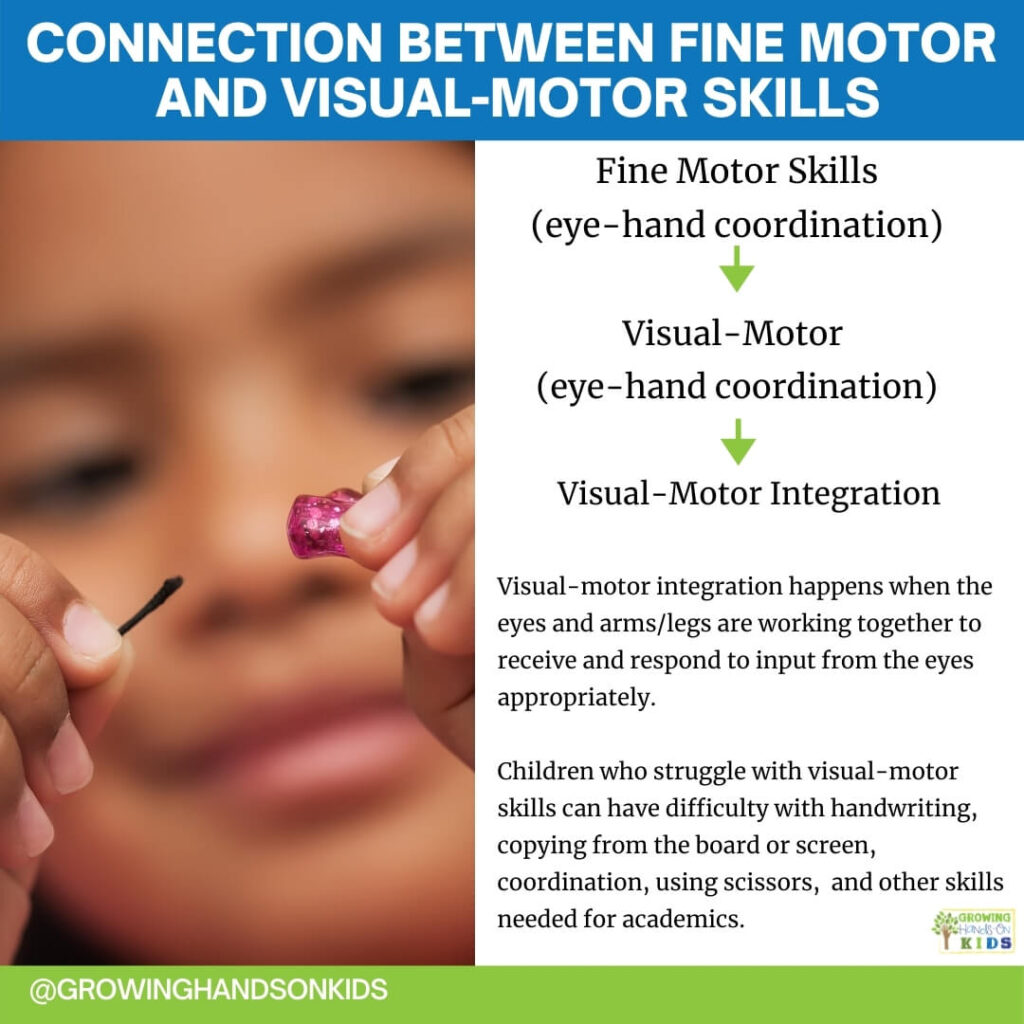The Importance of Fine Motor Skills with Academics
Affiliate and Referral links are used below to promote products I love and recommend. I receive a commission on any purchases made through these links. Please see my disclosure policy for more details. As an Amazon Associate, I earn from qualifying purchases.
Many of us know the importance of fine motor skills in child development. What you might not realize is how important fine motor skills are in relation to academics, executive function, social interactions, and many other areas of child development.
Today we are going to look at the research and discuss the connection between fine motor development, academics, and more.
Why Are Fine Motor Skills Important?
Fine motor skills are one of the most important developmental activities that your child or student will ever work on.⠀⠀
Fine motor skills are used in many activities of daily life such as dressing, bathing, eating, and academic skills such as handwriting. Even many gross motor skills involve using their hands.⠀⠀
Recent research suggests that fine motor skills are so important that they are connected to how a child learns to read, completes math skills, and other higher-level cognitive thinking (Grissmer, Grimm, Ayer, Murrah, and Steele (2010). ⠀
Some terms you may often see associated with fine motor skills include:⠀
If you click on the links above, that will give you a closer look at these terms in some other posts and I also give activity suggestions for each. ⠀
Let's take a closer look at some of the connections between fine motor skills and academics.
Fine Motor Skills And Reading Readiness
It's not as simple as saying there is a connection between these two skills. Reading is a complex cognitive task. But there could be a connection through another area of development.
⠀
Here's what I found: ⠀
- Fine motor skills may have a role in cognitive and language development. ⠀
- Fine motor skills and handwriting (graphomotor) development may be linked with in-hand manipulation skills and handwriting legibility. ⠀
- Graphomotor skills may have a connection to early reading development. ⠀
I've not found any research that has been able to pinpoint specific fine motor skills that may play a role in these areas of development. Handwriting and reading skills are so complex with many contributing factors as to why a child may struggle in these areas or why they may excel.
So, could there be a connection between fine motor skills and reading via handwriting? Possibly. More research needs to be done to find which skills specifically. ⠀
However, it is safe to say that fine motor skills are important for overall child development and should still be a focus, especially in the younger years. ⠀
Fine Motor Skills and Handwriting
Fine motor and handwriting development, at a glance, seems like a natural connection. ⠀
⠀
However, even though there is research stating a connection between fine motor skills and handwriting, not many are able to find a specific connection between specific skills. ⠀
⠀
For a while, it was generally believed that pencil grasp was a large component of handwriting and legibility. However, other more recent research indicates that it could be in-hand manipulation skills. ⠀
⠀
Research indicates that “precise control of fingers and hand (e.g., in-hand manipulation appears to be highly associated with letter formation.” (Breslin & Exner, 1999).⠀
⠀
There was also a study from 2018 that found a “high level of correlation between fine motor skills and handwriting legibility. The study revealed that the accuracy of hand and in-hand manipulation skills are factors that have an effect on handwriting legibility.” (Seo, Sang-Min, 2018). ⠀
⠀
I shared some in-hand manipulation skill activity ideas here, but I'll include some below as well: ⠀
- Picking up and flipping coins ⠀⠀
- Spinning tops ⠀⠀
- Stringing beads or paper clips ⠀⠀
- Cotton swab painting ⠀⠀
- Hole punch art ⠀⠀
- Playing a game of Jacks ⠀⠀
- Playing card games ⠀
Fine Motor Skills and Math
As with all these topics, more research needs to be done to find specific areas and skills that may affect Math. However, a study out of the UK suggested “Fine Motor Integration remained a significant predictor of maths ability, even after the influence of non-verbal IQ had been accounted for.” (N. Pitchford, C. Papini, L. Outhwaite, and A. Gulliford 2016). ⠀
⠀
Some connections found included a visual-motor integration component had a weak to strong positive connection between fine motor skills and math performance. This could affect copying, dexterity for finger counting, and the writing of numbers. ⠀
⠀
Another study from Germany noted, “We concluded that FMS (fine motor skills) are closely related to early numerical skill development through finger-based numerical counting that aids the acquisition of mathematical mental representations.” Fischer, Stoeger, Suggate. 2017. ⠀
Fine Motor Skills and Executive Function
Executive function skills are higher-level thinking skills such as organization, managing our thoughts, actions, and emotions in order to initiate, sustain, and complete a task.
It also helps us to plan, manage and organize time.
You will see 3 main areas of executive function: working memory, cognitive flexibility, and inhibitory control (self-control).
So how does this relate to fine motor skills?
A study in 2018 found “that the relationship between motor skills, executive functions, and mathematical skills is more complex in its nature. Therefore, to achieve the best outcome, all skills should be promoted if a child has difficulties with mathematics.” (Oberer, Mast, Roebers, 2018. Source)
There also seems to be a relationship between executive function, visual-motor skills, and academic achievement as referenced in this study from 2014. Specifically working memory skills and visual-motor skills.
Becker, D. R., Miao, A., Duncan, R., & McClelland, M. M. (2014). Behavioral self-regulation and executive function both predict visuomotor skills and early academic achievement. Early Childhood Research Quarterly. 29, 411-424. http://dx.doi.org/10.1016/j.ecresq.2014.04.014
And lastly another study in 2019 found a connection between executive function (referred to as EF in this study) and complex motor tasks.
“Performance on both easy and difficult fine motor tasks was significantly related to EF.” (Maurer, Roebers, 2019. Source).
“…only performance on the difficult, but not on the easy gross motor tasks was significantly correlated with EFs. The findings demonstrate that the challenges and demands inherent in any motor task influence the magnitude of the motor–EFs link.” (Maurer, Roebers, 2019. Source).
You can also read more about this connection here:
Nicole Oberer, Venera Gashaj, Claudia M. Roebers,
Executive functions, visual-motor coordination, physical fitness, and academic achievement: Longitudinal relations in typically developing children,
Human Movement Science, Volume 58, 2018, Pages 69-79, ISSN 0167-9457,
https://doi.org/10.1016/j.humov.2018.01.003.
(http://www.sciencedirect.com/science/article/pii/S0167945718300034)
That probably seemed like a lot of “research talk”, so here is a basic explanation. Working memory and visual-motor skills all seem to have a connection and are needed in order to complete complex fine motor and gross motor skills.
For children who are struggling with Math, in particular, it is important to address all of these skills to see the best outcomes.
Fine Motor Skills and Visual-Motor Skills
The connection between fine motor and visual-motor skills is often referred to as visual motor integration.
In short, it all has to do with eye-hand coordination and a few other skills like visual-perceptual, functional vision and motor skills, and shoulder stability. ⠀
⠀
When the eyes receive input, the body responds with an appropriate motor response. ⠀
⠀
A child who struggles with visual-motor skills can have difficulty in handwriting, copying skills, scissor skills, coordination, and many other areas of academics.⠀
One study suggests that visual analysis and visual-motor integration has a significant effect on a child's academic performance, particularly with 7-9-year-olds. (Taylor Kulp M. 1999).
There was also a study that found children who have better visual-motor integration skills upon entering preschool in the fall had modest to moderate connections between executive function skills and social behaviors later in preschool. (MacDonald M, Lipscomb S, McClelland MM, Duncan R, Becker D, Anderson K, Kile M. 2016).
You can read more about visual-motor development research here at Your Therapy Source.
I also have a blog post all about typical visual-motor development with a free handout here.
So how can you help a child who is struggling with visual-motor integration? Focus on eye-hand coordination activities! Here are some ideas: ⠀
⠀
?️ Batting at a balloon ⠀⠀
✋? Kicking or catching a ball ⠀⠀
?️ Playing tennis ⠀⠀
✋? Playing and building with blocks ⠀⠀
?️ Connect the dots ⠀⠀
✋? Stringing beads ⠀⠀
?️ Playing Simon Says ⠀⠀
✋? Puzzles ⠀⠀
?️ Relay races ⠀⠀
Free Fine Motor Development Checklist
If you made it to the end of this post, awesome! I have a free fine motor development checklist that I would love to give you.
All you need to do is put your email address into the form below and click the green “click here” button. Then head to your email inbox and look for an email to download the free checklist.
You'll also receive some follow up emails all about fine motor development and even more free handouts. You can unsubscribe at any time.
If you are a returning subscriber, don't worry, you aren't subscribing twice. This just lets my email provider know which handout to send you.
For more resources, tips, tools, and strategies for child development, follow the links below.

Heather Greutman, COTA
Heather Greutman is a Certified Occupational Therapy Assistant with experience in school-based OT services for preschool through high school. She uses her background to share child development tips, tools, and strategies for parents, educators, and therapists. She is the author of many ebooks including The Basics of Fine Motor Skills, and Basics of Pre-Writing Skills, and co-author of Sensory Processing Explained: A Handbook for Parents and Educators.
